UPD Last Ditch Warning – Ofcom Tell EU to Reject O2 and Three UK Merger
The CEO of UK telecoms regulator Ofcom, Sharon White, has made one last ditch attempt to block the merger of mobile operators O2 and Three UK by calling on the European Commission’s competition regulator, which has the final say, not to ignore the serious competition concerns.
The EC’s competition regulator is this week due to decide whether or not to allow O2 and Three UK to merge as part of a £10.25bn deal that was agreed between parents Telefonica and Hutchison Whampoa last March 2015 (here).
All of the major regulators have “significant” concerns with the deal, not least with regards to the way that it would shrink the number of primary mobile operators in the market from four to three and thus negatively impact competition (this could result in higher prices for consumers and less MVNO choice etc.).
The deal would also cause problems for the network sharing agreements that already exist between operators (e.g. Three UK shares with EE (BT) and Vodafone shares with O2 etc.), which could be very difficult to re-organise. Furthermore Ofcom has concerns about the impact upon high-street stores and the threat to independent retailers by a bigger group.
Sharon White, CEO of Ofcom, said (FT Letter):
“[We aim to maintain progress] through competition. So we are concerned that the smallest mobile network, Three proposes to become the biggest by acquiring its rival, O2. The combined group would control more than four in 10 mobile connections.
This follows a pattern of mobile mergers in Austria, Ireland and Germany. Like those countries, the UK would be left with just three networks. Some argue that operators must consolidate in order to boost revenues, increase efficiency and widen their scale to invest.
But this is not a broken market. Last year, UK mobile companies generated £15bn of revenue. They have been investing billions to roll out 4G technology, while maintaining cash flow margins above 12 per cent. Competition, not consolidation, has driven investment.”
On the flip side Three UK and O2 see the deal as a way to more effectively compete with Vodafone and BT / EE, with the latter two still holding the lion’s share of radio spectrum and not forgetting their significant fixed line infrastructures (something that both Three UK and O2 lack). Equally customers might benefit from improved network coverage, depending upon how the existing network sharing arrangements are managed.
Never the less many observers predict that the EC might not outright block the merger, although they would almost certainly attach significant concessions to such a deal and ordinarily that would be enough to stop it. But Ofcom are concerned that Three UK’s parent might press forward with the deal even if faced with such concessions (they’ve said as much in public), which could force the regulator into trying to build a new fourth operator (not easy and very expensive).
UPDATE 12:11pm
Just added a comment from IT services provider NTT Data below.
Alastair Masson, Client Partner at NTT Data, told ISPreview.co.uk:
“Measuring competition is not as simple adding up and taking away. Despite the Three and O2 deal resulting in one less mobile network, there are much wider implications that seem to be missing from Ofcom’s anachronistic warnings around competition. The market must be viewed as one ecosystem where the actions of one provider creates a domino effect onto another.
As more consumers move towards the temptations of triple and quadplay, the size and reach of BT is where concerns over competition should be channelled. The Three and O2 deal, if it goes ahead, is a mere blip on the radar in a market where BT is increasingly ruling the roost across integrated communications and media.
A positive step forward for the industry would be to approve the Three and O2 deal. This could help create a business that is better equipped to support a minimum service obligation for broadband, alongside BT. Ultimately, the aim must be to remaster the market with the consumer in mind and this could be a positive first move.”
We note with interest the remark about supporting a new USO at the end, which suggests that NTT Data expect mobile operators to play a part in the currently Government proposal for a 10Mbps Universal Service Obligation (USO).
The inherent problem with mobile is of course that related signals can be affected by all sorts of things and the user is always moving, which makes adhering to a 10Mbps USO rather difficult unless the rule itself is softened.
Mark is a professional technology writer, IT consultant and computer engineer from Dorset (England), he also founded ISPreview in 1999 and enjoys analysing the latest telecoms and broadband developments. Find me on X (Twitter), Mastodon, Facebook and Linkedin.
« AAISP’s 80Mbps Home Broadband with 1TB Usage Cap Now Available
UK Government to Debate Broadband Not-spots on Wednesday »
Latest UK ISP News
- FTTP (5515)
- BT (3514)
- Politics (2537)
- Openreach (2297)
- Business (2262)
- Building Digital UK (2244)
- FTTC (2043)
- Mobile Broadband (1973)
- Statistics (1788)
- 4G (1664)
- Virgin Media (1619)
- Ofcom Regulation (1461)
- Fibre Optic (1395)
- Wireless Internet (1389)
- FTTH (1381)
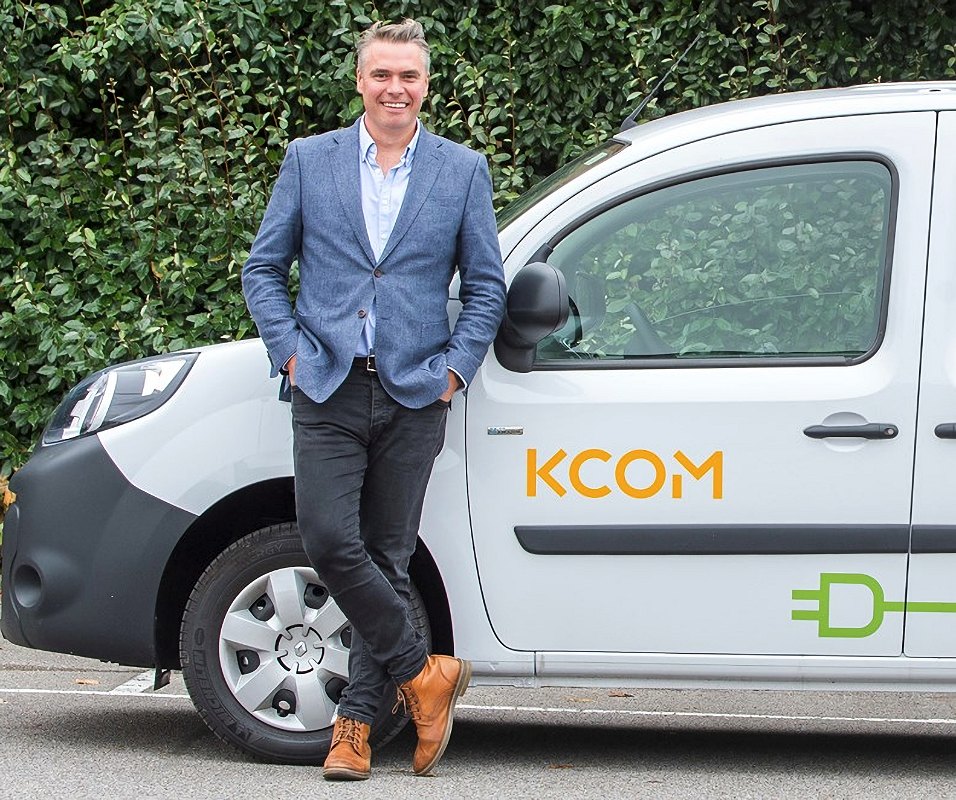

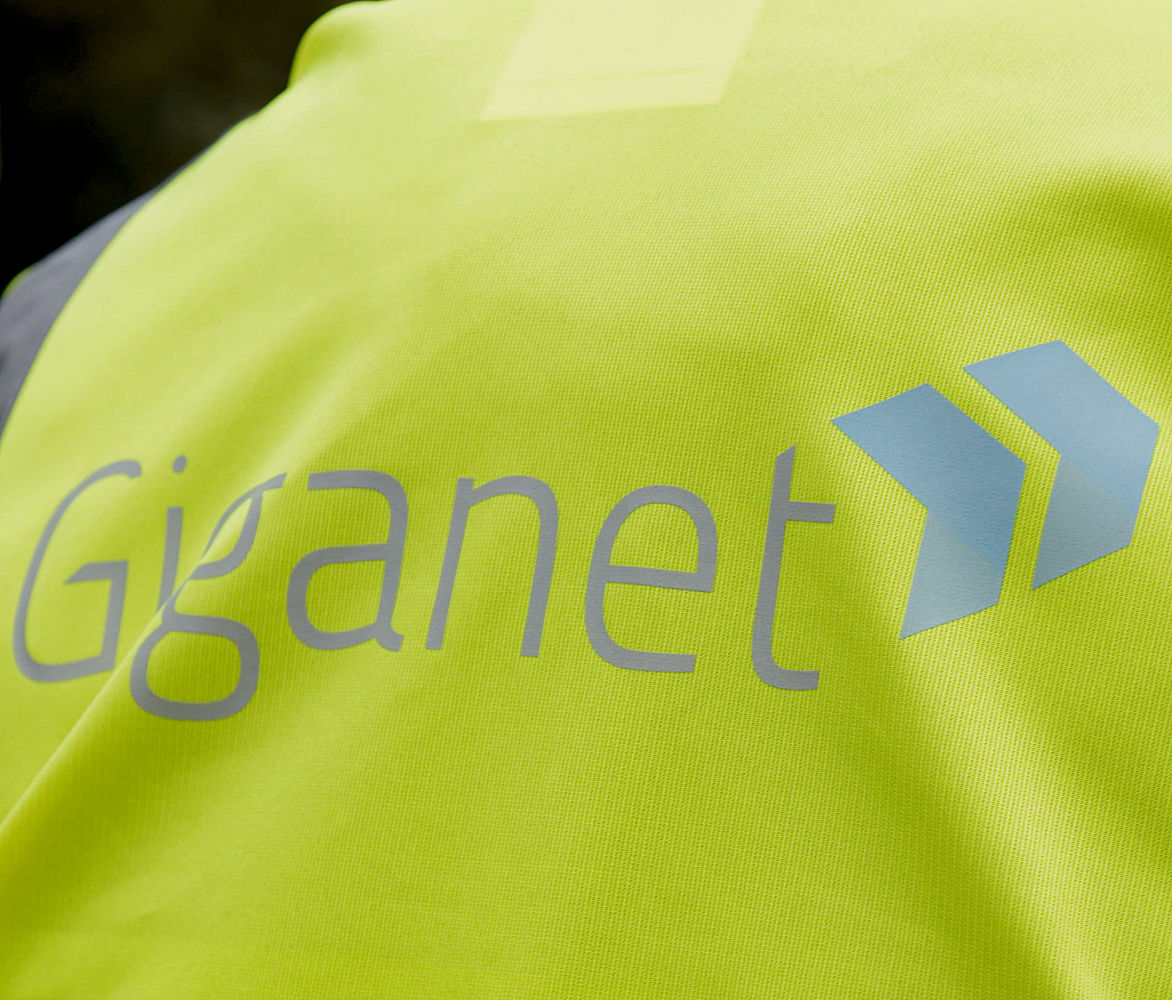














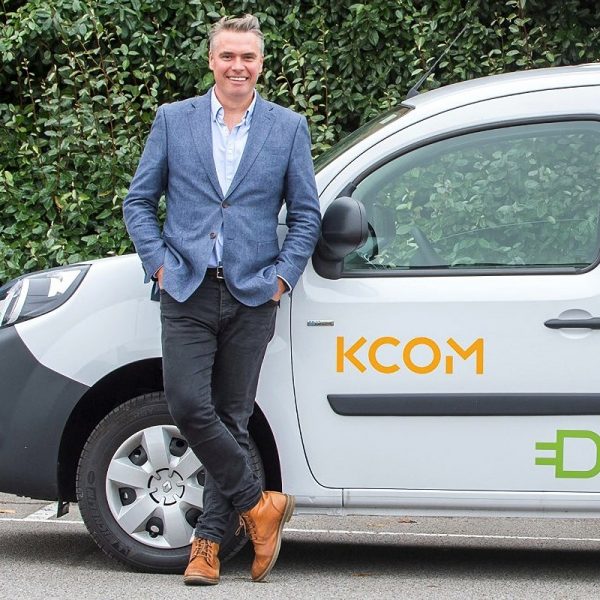
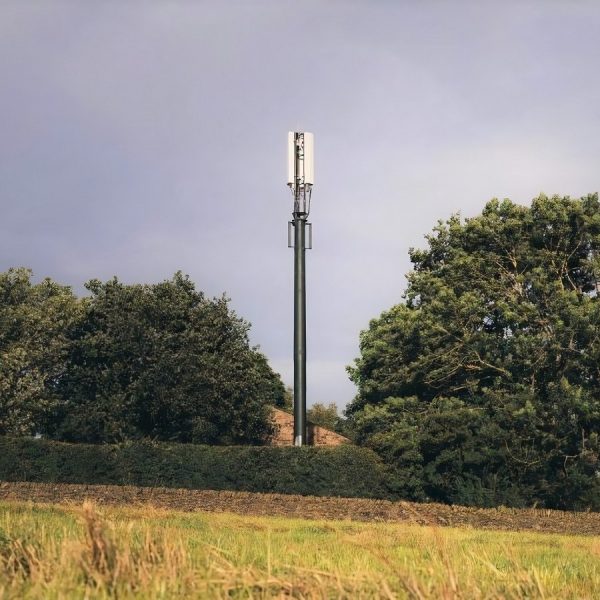
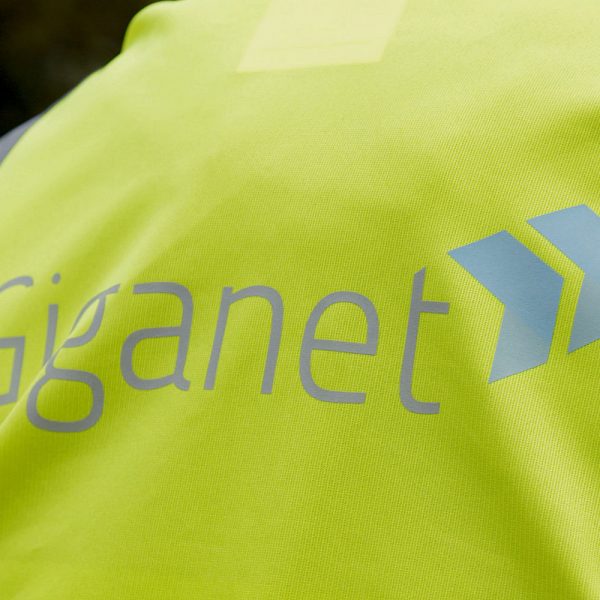




































Comments are closed